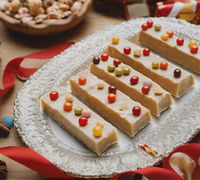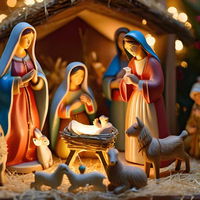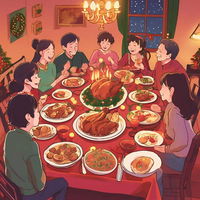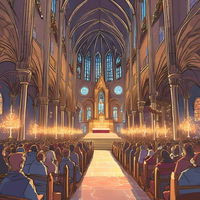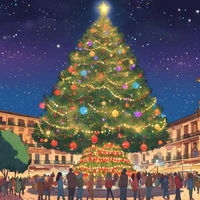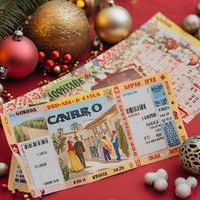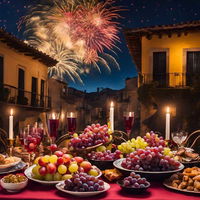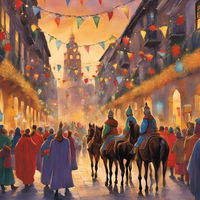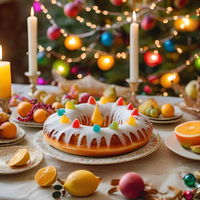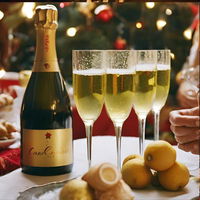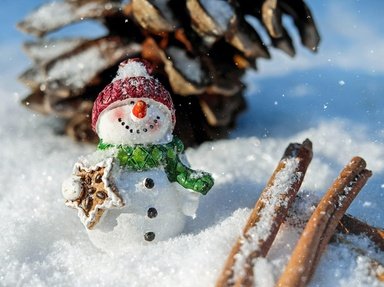
Holiday Traditions in Spain Trivia Quiz
In Spain, the Christmas season begins with the Day of the Immaculate Conception (December 8) and continues through Christmas and New Year's, to the Day of the Kings (January 6). Here we'll look at just a few of the traditions of this festive season.
by spanishliz.
Estimated time: 3 mins.
